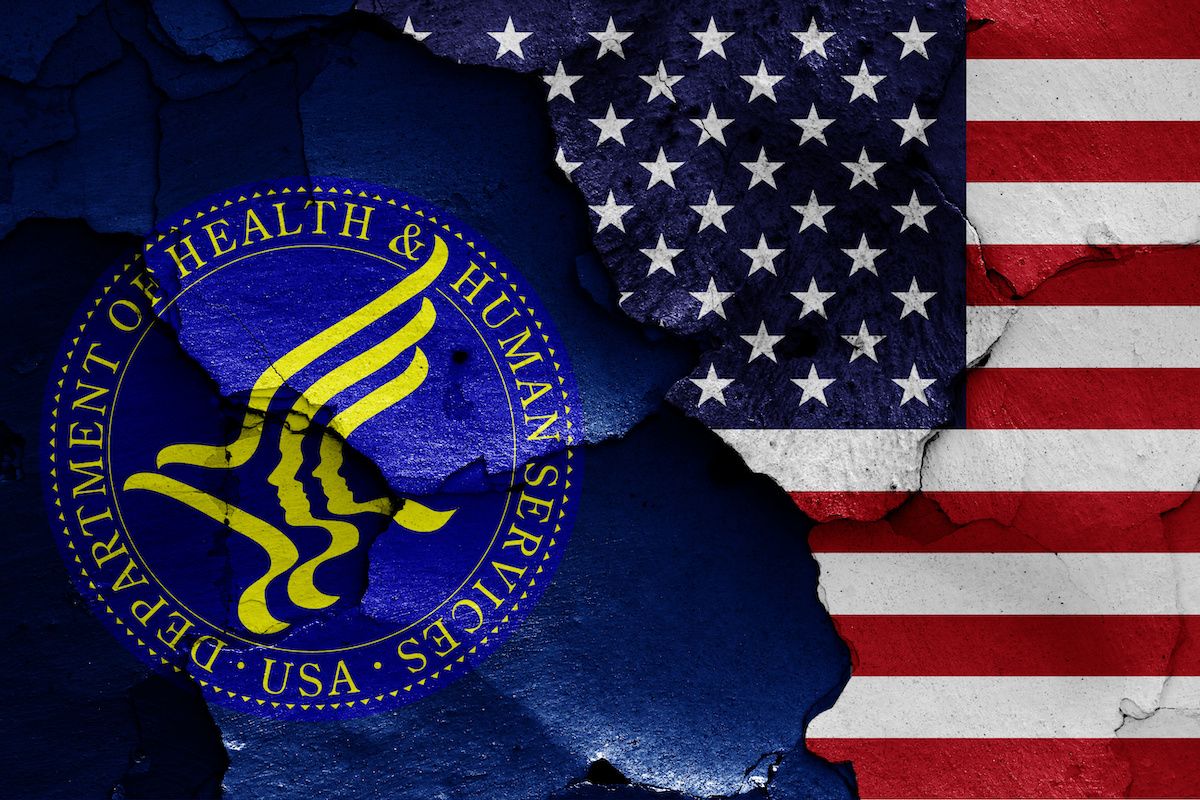Article
Outlook
Second-guessing Terri Schiavo's doctors (and other Capitol Hill outrages)
Bad feelings over the Terri Schiavo case are likely to linger for years. For doctors, those bad feelings may die especially hard.
The day after a GOP-led Congress rushed through a bill tossing the case to the federal courts, the California Medical Association-which happened to be conducting its annual meeting during the weekend the congressional action took place-passed an emergency resolution expressing its "outrage at Congress' interference in medical decisions."
The CMA noted that "the courts of Florida and the Federal courts have upheld the right of a husband (Mr. Schiavo) to make medical decisions for his wife who is in a persistent vegetative state." (Terri Schiavo died on March 31.) By acting as it did, Congress had not only flouted the will of the courts but, as one CMA member said, made a "mockery of the years of work on our bioethics decisions."
Majority leader Bill Frist-a heart and lung transplant surgeon who watched videotapes of Schiavo and reviewed court medical documents-also weighed in against the likelihood that she was in a persistent vegetative state, prompting New York Times columnist Maureen Dowd to share this facetious e-mail from a Times reader: "Dear Dr. Frist: Please watch the enclosed video and tell us if that mole on my mother's cheek is cancer. Does she need surgery?"
Perhaps the one bright spot in this otherwise discouraging picture is the renewed awareness-on the part of the public and doctors alike-of the necessity of advance care planning. In the first days after adopting its resolution, the CMA received almost 10,000 hits on the section of its Web site dealing with advance directives. Call-in orders for end-of-life planning material also peaked during that period.
Last April, Medical Economics published a guide for doctors ready to make advance care planning a routine part of their practices. (See "How to discuss end-of-life care," April 9, 2004, available at http://www.memag.com/memag/article/articleDetail.jsp?id=108854.) In it, we quoted a Florida physician, who, even a year ago, talked about the impact the Schiavo case was having on his patients and himself: "Our patients are much more aware of the need to declare their feelings in advance," said Steven Reznick, an internist in Boca Raton. "I try to raise the living will issue at each yearly checkup, along with other routine screening questions, all of which we document in the chart."
No one is likely to forget the lessons of the Schiavo case anytime soon, but whether organized medicine is willing to act further remains to be seen. There were indications that, in June, the CMA might introduce at the AMA's House of Delegates meeting a similar resolution to the one it passed last month censuring Congress for butting into the case. But if it does, questions remain whether the national organization will approve it and risk alienating Republican lawmakers the AMA needs to get its medical liability agenda passed.





